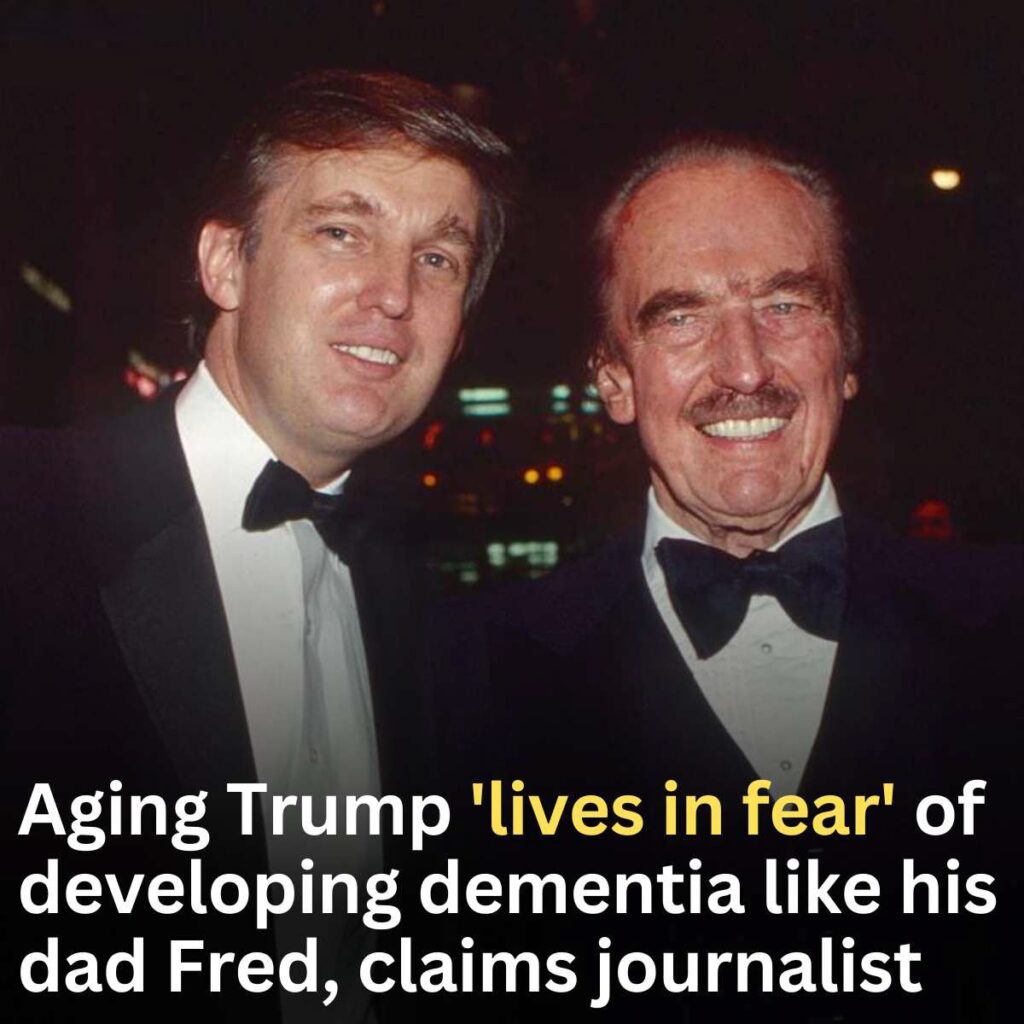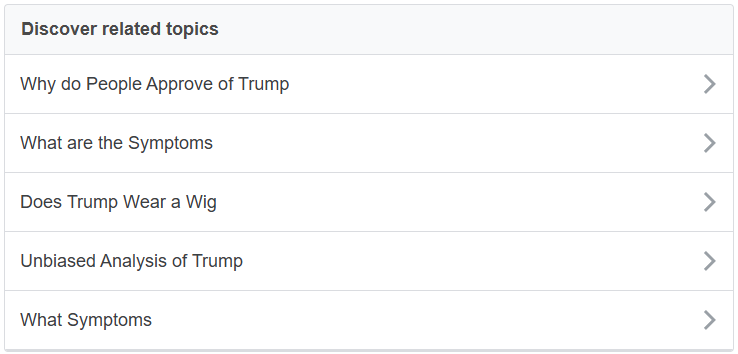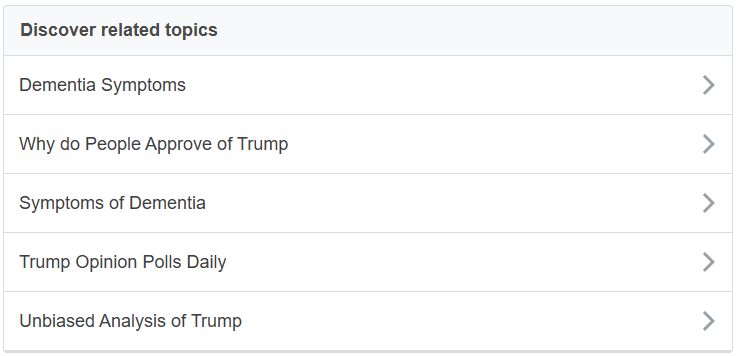
Donald Trump Haunted by Fear of Dementia Like His Father
Donald Trump is reportedly “haunted” by the possibility of experiencing the same cognitive decline that affected his father, Fred Trump, according to a recent analysis aired on MSNBC’s The Weekend: Primetime. The discussion focused on the former president’s public statements about a potential third term in office—a scenario prohibited under the U.S. Constitution—and explored the personal anxieties that may underpin such remarks.
Timothy L. O’Brien, senior executive editor at Bloomberg Opinion and a longtime observer of Trump’s career, joined the program to examine the motivations behind the former president’s recent comments. O’Brien suggested that Trump’s actions are largely driven by a combination of “self-aggrandizement” and “self-preservation.” While Trump often speaks as though he might remain in power indefinitely, O’Brien questioned whether the former president genuinely intends to pursue another term.

“He’d love to live until he’s 300,” O’Brien quipped, “and he’d probably like to be president for 200 of those years.” While delivered humorously, the remark underscores a serious reality: Trump is keenly aware of the effects of aging and the potential for physical and cognitive decline.
At 78 years old, Trump is not immune to the passage of time. “What struck me, watching that clip, was just how much Donald Trump has aged,” O’Brien said. “When we talk about what might stand in the way of a third term, yes, there are voters, and yes, the 22nd Amendment, but there’s also the reality that he turns 79 in June.” Beyond constitutional barriers and electoral challenges, Trump’s health represents a critical, and potentially limiting, factor in any future ambitions.
O’Brien emphasized that Trump’s fear of mental decline is deeply personal, rooted in his family history. Fred Trump, the former president’s father and a successful real estate developer, was diagnosed with dementia in 1991 and later suffered from Alzheimer’s disease, ultimately passing away in 1999 at the age of 93. Despite his diagnosis, Fred Trump continued to work daily in his office until being hospitalized. Family friend Richard Levy recalled, “He came into the office every day until the day he went to the hospital.” Observers say that Donald Trump has long carried the burden of knowing he could face a similar fate.
The former president rarely addresses the topic publicly, in part because it presents political risks. He has consistently mocked President Joe Biden’s cognitive abilities, making any acknowledgment of his own fears politically complicated. Nevertheless, those close to Trump have reportedly noticed subtle signs of change.
O’Brien noted several observable differences between the Trump of earlier years and the present. “Compare him now to Trump 1.0,” he said. “The speech is more slurred, the posture is slouched, the energy seems drained. I question how much genuine enthusiasm he has left for the job, beyond the fact that it keeps him out of prison and in the spotlight.” These observations suggest that Trump is not only aware of his own aging but may also be affected by it physically and mentally.

Family members have echoed similar concerns. Fred C. Trump III, Donald Trump’s nephew, spoke candidly about what he perceives as early signs of cognitive decline in his uncle. In an interview with People magazine, he said, “Like anyone else, I’ve noticed the shift. And I see it unfolding in a way that’s very similar to how my grandfather declined. Anyone claiming dementia isn’t in the Trump family is ignoring the truth.” Fred III, 61, emphasized that the patterns he observes in his uncle mirror the progression of dementia in the previous generation, reinforcing the idea that Trump’s fears are grounded in personal and familial experience.
The analysis paints a portrait of a man navigating the intersection of ambition, public scrutiny, and the natural vulnerabilities of aging. While Trump projects confidence, dominance, and invincibility, the private reality may be one of apprehension—concerns about cognitive health, declining energy, and the prospect of following in his father’s footsteps. These personal anxieties may underlie his fixation on remaining in the public eye, asserting control, and speaking about continued influence in ways that defy constitutional limits.
Ultimately, the discussion highlights a tension at the heart of Trump’s persona: a desire for perpetual power and relevance juxtaposed against the human realities of aging and inherited health risks. His public statements, critics suggest, may serve as both a shield against vulnerability and a window into his private fears—revealing a man intensely aware of the fragility of both time and mind.